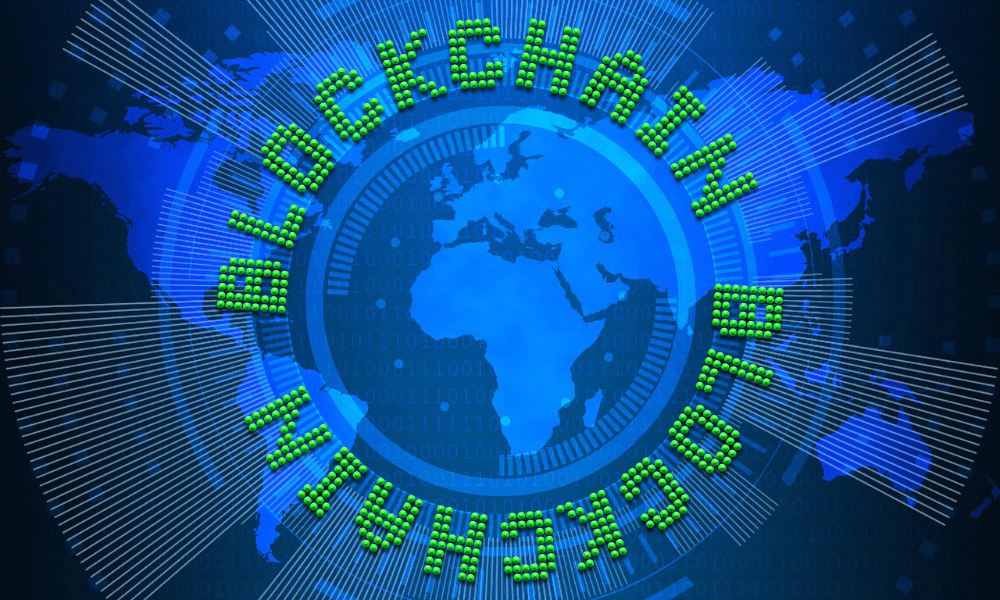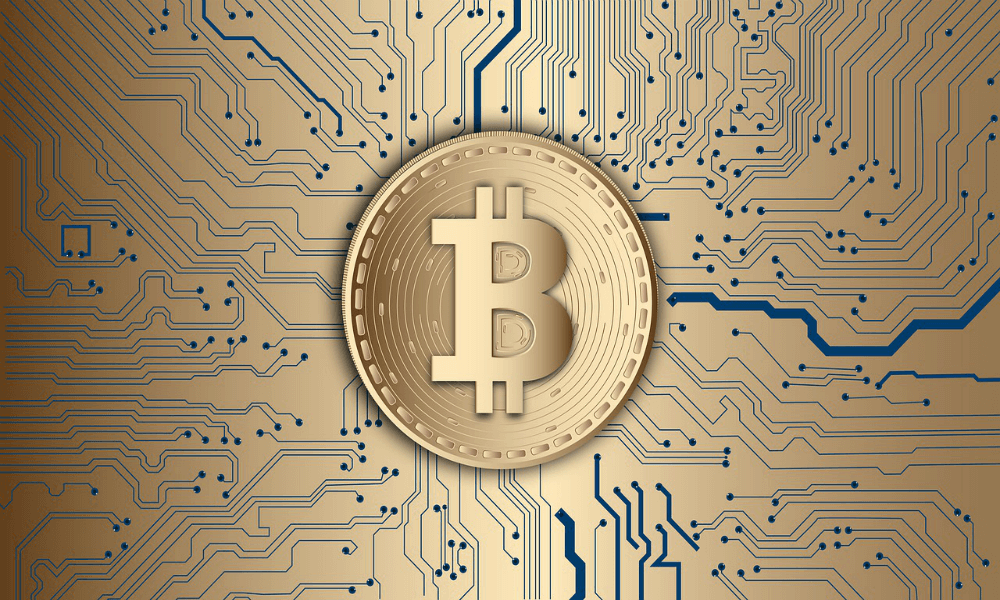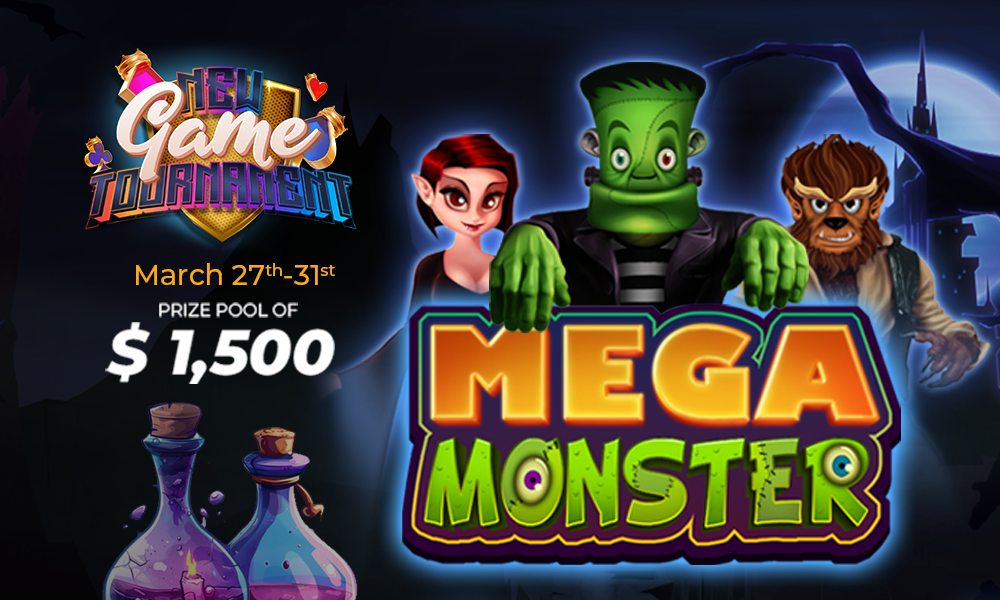
Your contact with blockchain may be limited to payment transactions and cryptocurrency, as this is one of its most frequent applications. We may not be aware of it, but blockchain has entered each and every pore of our world. It reached even the most distant places on earth. This technology is already saving lives and economies across the globe. The estimates are that very soon, blockchain will become irreplaceable part of our lifestyle and the functioning of our daily routines. These are some of the most popular use cases of blockchain.
Preventing Identity Theft
How many times have you shared sensitive personal data online? Starting from various institutions to job applications and social media platforms, there are many subjects that ask for personal data of their clients or applicants.
For years we have been sending the information without being aware how dangerous this can be. When blockchain emerged, things changed drastically. However, many people are still kept out of the loop when it comes to the most popular use cases of blockchain.
Everyone’s digital identity is in danger. One of the reasons is because we leave personal information to centralized entities for safe keeping. These are usually third-party services and applications to whom we give consent to use our data.
With blockchain, each individual becomes the safe keeper of his or her own data. This is possible because blockchain provides the opportunity to store the digital information in an encrypted digital hub. Moreover, an individual controls the access to the hub. Therefore, anyone can decide who can see his or her personal information. Furthermore, blockchain also stores the information about every access providing full control and transparency. Every person who stores the information on blockchain can also revoke access. All this enables the person to be in control over the way their personal data is used.
Revolutionizing Supply Chain Management
Supply chain management has transformed significantly since the introduction of blockchain in supply chain management. We wrote about this previously, and this is just one of the examples.
Improving Health Care
There is a thing called medical supply chain. With blockchain, there are no doubts regarding someone’s medical conditions, as records are always neat and accurate. Furthermore, patients have the power to either allow or restrict the access to their medical data.
Additional advantage is that blockchain provides tracking of all medicines through all of the stages of production and prescription.
Decentralizing Energy Market
This particular use case of blockchain aims for enabling users to profit from production and sales of the energy. We have explored this intriguing topic for you to read.
Decentralizing energy market is interesting because it should eventually introduce the force of demand and supply when it comes to prices. This actually means that people will be able to produce their own electricity as well as to buy at commercially justified prices.





